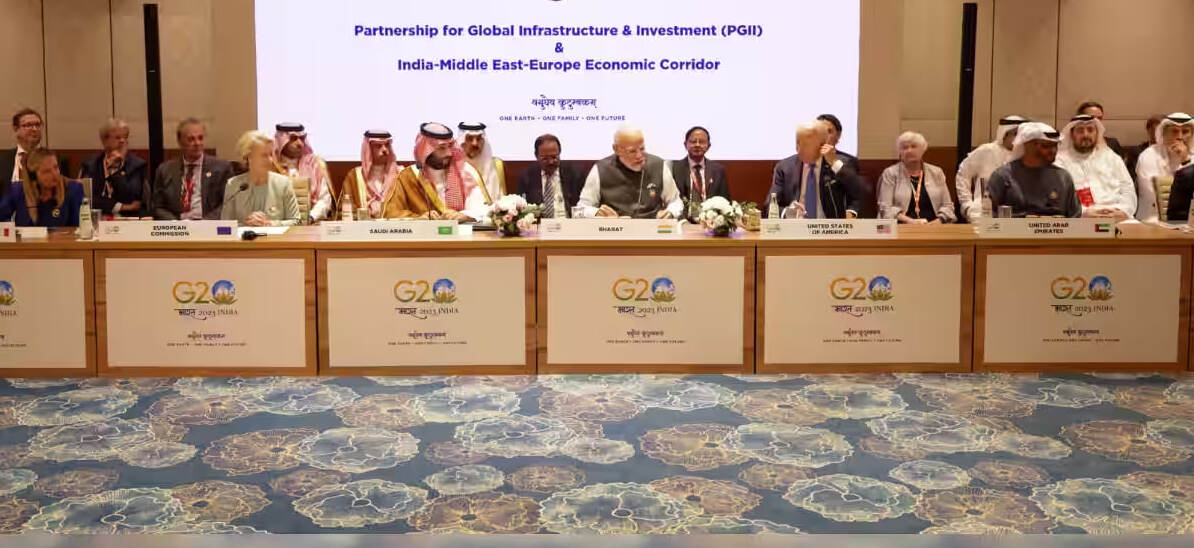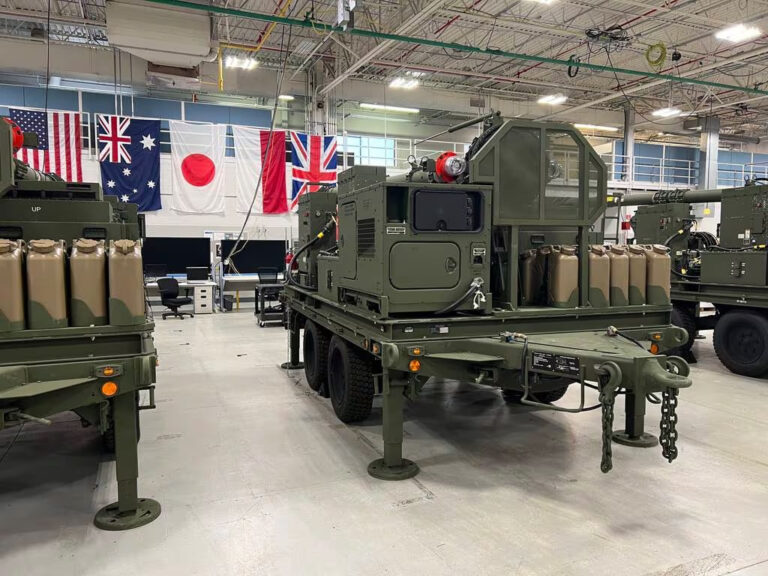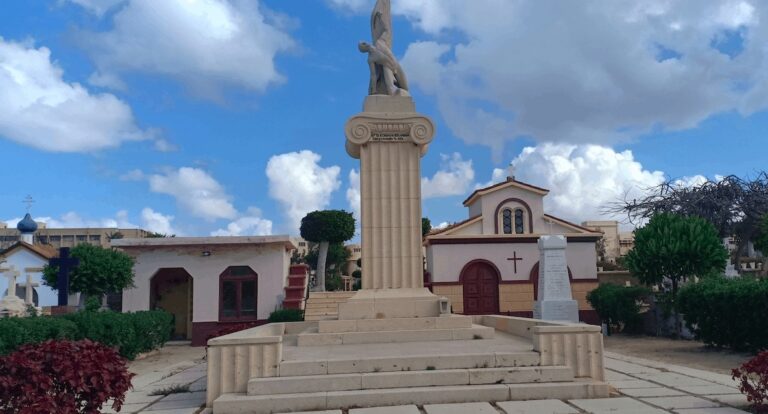The state of war in Israel has cast its shadow on the ambitious India-Middle East-Europe Economic Corridor (IMEC), announced last month by the leaders of India, Saudi Arabia, United States, United Arab Emirates and Europe last month at New Delhi G20 summit.
Described by Israel’s Prime Minister Benjamin Netanyahu as the “largest cooperation project” in Israeli history and hailed by the US President Joe Biden as a transcontinental connectivity project that will make West Asia “more stable and better connected to its neighbours”, the passage of IMEC has entered a moment of uncertainty, at least for now.
“Israel is at the focus of an unprecedented international project that will link infrastructure from Asia to Europe,” Netanyahu had said on September 12, 2023.
India-Middle East-Europe Economic Corridor: Reading between the timeline
According to the Memorandum of Understanding (MoU) on principles of IMEC signed during New Delhi G20 summit, the representatives of its signatories — India, Saudi Arabia, United Arab Emirates, France, Germany, European Union and the United States — were supposed to meet within 60 days after September 9, 2023 “to develop and commit to an action plan with relevant timetables”.
The attack by Hamas on Israel on October 7 came right in the middle of this timeline, when the signatories of IMEC had to meet to roll out an action plan for the development of the economic corridor aimed to facilitate the transit of commerce, energy and data to, from and between India, the UAE, Saudi Arabia, Jordan, Israel and Europe.
The reignited pro-Palestine sentiment in West Asia, especially in Jordan — which on October 27 sponsored a UN General Assembly resolution for humanitarian truce in Gaza — may emerge as a cause which could delay the formalisation of IMEC in the immediate future. But officials say that the ongoing state of war has vindicated the need for economic stabilisers in the region.
Over three years since the signing of Abraham Accords — a series of joint normalisation agreements initially between Israel, the United Arab Emirates, and Bahrain; and later Sudan and Morocco — and seven months since normalisation of ties between Iran and Saudi Arabia until October 7, 2023, there had been steady signs of de-escalation from prolonged tensions in the region.
The transcontinental connectivity project announced in Delhi stemmed from the signs of stability in the region and expectation of restoration of ties between Saudi Arabia and Israel.
But with Israel’s retaliatory action on Hamas in the Gaza Strip that continues to kill thousands of civilians in the Palestinian region, the corridors of power in Riyadh and Amman have become vary of rapproachment with Israel.
“Any attempt by Israel and the US to effect an Israeli-Saudi normalisation of relations is likely to be delayed, because the Saudi public is outraged by Israel’s assault on Gaza, so the leadership will have to move with the utmost care,” said Joost Hiltermann, Program Director, Middle East and North Africa at Crisis Group.
‘We will carry on with IMEC’: Why this connectivity project matters?
The US President Joe Biden has said that he believes one of the reason why Hamas attacked Israel is due to the progress made to formalise the India-Middle East-Europe Economic corridor.
“I am convinced one of the reasons Hamas attacked when they did, and I have no proof of this, just my instinct tells me, is because of the progress we were making towards regional integration for Israel, and regional integration overall. We can’t leave that work behind,” Biden said on October 26 while standing beside Australian Prime Minister Antony Albanese.
On October 20, in his wartime address after visit to Israel, Biden pitched the project as a stability factor in a region plagued with conflicts.
“With this (IMEC)”, Biden said, the region will benefit with “predictable markets, more employment, less rage and less grievances.”
“It benefits the people of the Middle East. It benefits us (the United States).”
Asked by WION’s diplomatic correspondent Sidhant Sibal if the ongoing developments in West Asia pose a challenge towards India-Middle East-Europe connectivity corridor, Europen Union Ambassador in New Delhi Hervé Delphin said that these developments in fact “vindicate the necessity to provide stabilisers for this region”.
“All key stakeholders in the IMEC have the same message. We will carry on with this project,” Delphin said.
“We should not consider that because there is a war, it has simply killed this project. I don’t think it has. On the contrary, as I said, I think it simply shows the value of such a project,” he added.
Source: Wio News







